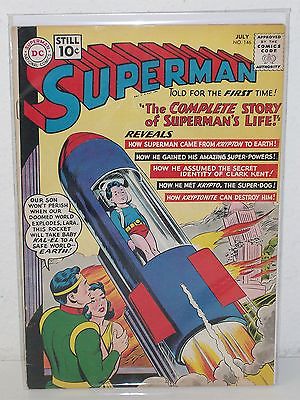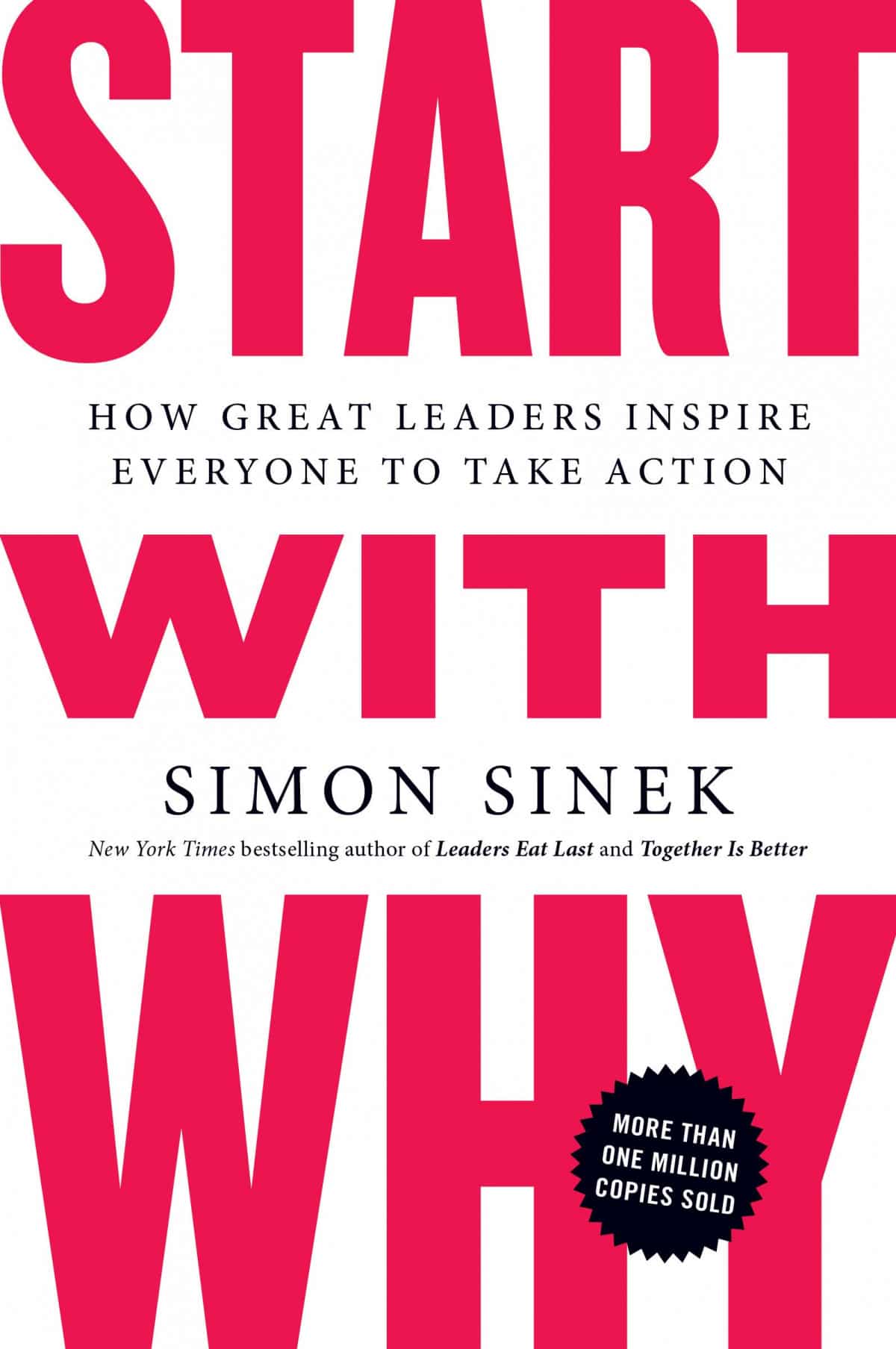 Every superhero franchise starts out by telling a genesis story.
Every superhero franchise starts out by telling a genesis story.
Starting with Superman and extending to every superhero thereafter, every character “launches” with an origin story that explains:
- How the hero got his powers
- Who the hero is as a person, and
- Why they are dedicated to their mission
For example, audience is told that Peter Parker:
- Got his powers from a radioactive spider bite.
- Is a good kid, struggling with adolescence, and
 Has dedicated his powers to good after failing to stop a goon who, moments later, gunned down his beloved Uncle Ben.
Has dedicated his powers to good after failing to stop a goon who, moments later, gunned down his beloved Uncle Ben.
Similarly the audience is shown how Bruce Wayne
- Gained his “powers” through arduous, fanatical training, combined with the investment of much of his inheritance in crime fighting technology and gadgets.
 Remains emotionally wounded from witnessing his parents’ murder, creating his grim, gritty, and driven persona.
Remains emotionally wounded from witnessing his parents’ murder, creating his grim, gritty, and driven persona.- Was motivated to avenge his parents (and protect others) after watching them ruthlessly gunned down by a mugger.
Establishing Your Ethos by Your Origin Story
This three-part combo to a good genesis story isn’t a coincidence. And it’s also your key to creating highly persuasive advertising.
The three parts precisely match Aristotle’s three elements of Ethos (or persuasive credibility based on character):
- Practical Wisdom — Superpowers / Expertise
- Virtue — Who you are as a person? What are your values?
- Goodwill / Aligned Interests — What’s your mission? What’s more important to you than making money?
 Practical Wisdom means people need to think you are competent and knowledgeable about the subject at hand.
Practical Wisdom means people need to think you are competent and knowledgeable about the subject at hand.
You may think your pastor is a swell guy, but you likely won’t want him operating on you. You’ll want a surgeon — a subject matter expert — for that.
They also need to respect you in general as a virtuous person.
What counts as virtuous depends on your audience, with Hells Angels and accountants differing on the matter. But for general advertising, the Boy Scout virtues — kind, brave, helpful, loyal, friendly, etc — work just swell.
Finally, the audience needs to trust that your motives are aligned with theirs.
For example, your father-in-law might be a stand-up guy and a darn fine attorney — but you probably won’t want him representing you while you’re divorcing his little girl.
In other words, a business owner needs his genesis story to convince the audience that he’s:
- Great at what he does,
- Genuinely admirable, and
- Dedicated to a bigger mission than just making money.
The Most Important Part of the Origin Story
It’s tempting to see the “super power” part of an origin story as the most important part.
 You want to convince the audience you have what it takes to swoop in and save the day, whether that’s by rescuing people from tax paperwork, saving them from a heating or cooling breakdown, or fighting a legal battle on their behalf.
You want to convince the audience you have what it takes to swoop in and save the day, whether that’s by rescuing people from tax paperwork, saving them from a heating or cooling breakdown, or fighting a legal battle on their behalf.
But people are more concerned that they can trust you to do what’s right on their behalf, than that you are freakishly good at what you do.
Obviously, you’ll want to establish both, but the “mission” part is the more important factor, and the one that requires more effort.
Going back to Peter Parker, it takes little story-time to show his fateful spider bite or discovery of powers.
 Yet it takes quite a bit of story-time to set-up Peter’s relationship with his Uncle Ben; to have Uncle Ben deliver his immortal line: “With great power comes great responsibility”’; then to show why Peter feels personally responsible for Uncle Ben’s death, and why he’s trying to make amends for that with his mission to be a friendly neighborhood Spiderman.
Yet it takes quite a bit of story-time to set-up Peter’s relationship with his Uncle Ben; to have Uncle Ben deliver his immortal line: “With great power comes great responsibility”’; then to show why Peter feels personally responsible for Uncle Ben’s death, and why he’s trying to make amends for that with his mission to be a friendly neighborhood Spiderman.
In other words, establishing mission is more important than establishing super powers and it takes more story-time and emotional “juice” to do well.
In advertising terms, you must convince your audience that your mission is more important to you than (just) making money.
 And by examining superhero stories, I’ve determined that there are three tried-and-true plot paths for doing this:
And by examining superhero stories, I’ve determined that there are three tried-and-true plot paths for doing this:
- A Pivotal Emotional Event or Traumatic Experience
- A Passing of a Torch or Handing Down of a Legacy
- Paying “It” Back to Others
Batman and Spiderman had pivotal (and traumatic) emotional events, whereas Superman was handed his mission by his parents, who sent him off to be a force of good. He’s driven to fulfill his parent’s legacy.
 And sometimes people are saved by a hero and then motivated to “Pay it Back” by becoming that hero for others.
And sometimes people are saved by a hero and then motivated to “Pay it Back” by becoming that hero for others.
One of my colleagues helped a dentist tell his Genesis story, wherein he had messed up teeth as a young man, and his appearance was making his life miserable — until a dentist helped him, pro bono.
Now that young man has grown up to become a dentist and is motivated to help others fix their smiles.
Putting It All Together — Example Origin Story
60-Second Radio Script
James Sylvestre: Darn it, when I said extra bracing, I didn’t mean a few extra boards! I meant add bracing at the gable end there and extend the braces to the sidewalls here… You don’t want to put your name on something built half-[bleep]-ed, do you?
Jeff Sylvestre: Not an easy man to work for, my dad. Insisted on extra deep foundation holes, extra bracing, the works. His name was on it and they were gonna build it his way.
So when two of his workers went out to build barns their way, it was easy for them to under-build and underbid their old boss.
Out on 9th concession each of them built a new barn – right near the barn my dad had built with extra bracing. Three barns from three builders right next to and across the street from the Arrow Farm.
James Sylvestre: Until ‘84 when the storm howled through and the farmers walked out to find my barn the only one standing. I told ‘em that extra bracing was important!
Jeff Sylvestre: Since 1968, James Sylvestre Enterprises has built over one thousand one hundred and fifty-two pole barns in this area. And there’s still a real Sylvestre with his name on the barns, making sure they get built the right way.
Analysis of Jeff Sylvestre’s Origin Story
How did Jeff Sylvestre get his powers?
By bearing up under the challenge of working for his dad and learning how to build barns “the right way — the same challenge his competitors failed.
What kind of person is Jeff?
He’s his father’s son — maybe a bit gruff, but a no-nonsense, larger than life personality focused on building things right (all virtuous things in a farming community).
Why is he on the mission he’s on?
Passing the Torch / Handed Down Legacy — Jeff is emotionally driven to carry on the legacy of James Sylvestre Enterprises.
Why does this matter to the customer?
They know they can trust Jeff to build it right and build a barn capable of lasting through the decades. One that won’t leak or break down or need replacing before its time.
Origin Story Impact & Why You Should Tell Yours
The script you just read is the ad that launched the JSE branding campaign and allowed Jeff Sylvestre to stop having to worry about cheap-bid-charlie competitors. He can price his barns fairly, for what they’re worth, without having to prove of justify the price to the customer.
 This strategy packs a persuasive punch more powerful than the incredible hulk — especially in fields where differentiating yourself from the competition can otherwise be quite difficult.
This strategy packs a persuasive punch more powerful than the incredible hulk — especially in fields where differentiating yourself from the competition can otherwise be quite difficult.
Interested in telling your own genesis story?
Want help making low-priced-competitors a non-issue for your business?
I’d love to partner with you and tell your story.
- Getting a Foot in the Door — Of Perception - November 27, 2025
- What Digital Superstars Know About Offline Advertising - November 17, 2025
- Unmistakable: A Tale of Two Boots and Branding Done Right - November 8, 2025
